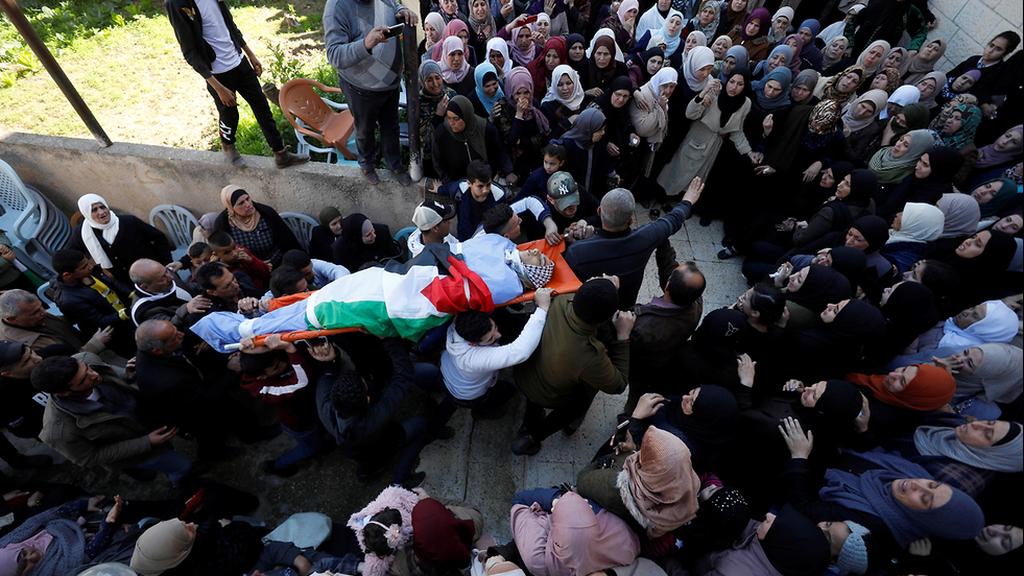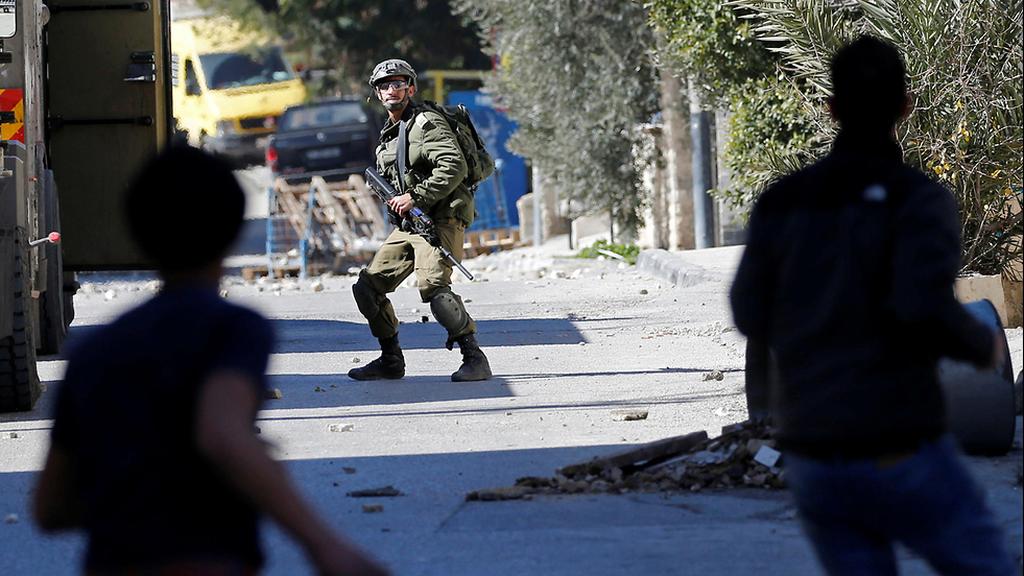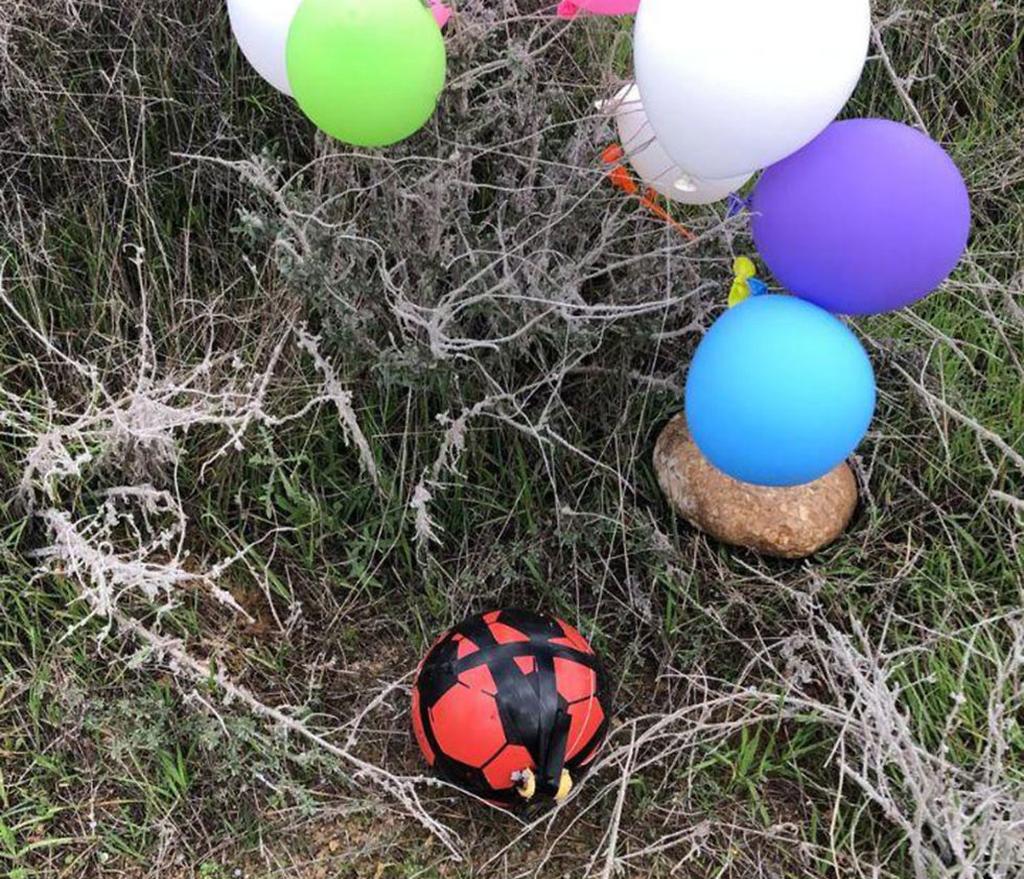Getting your Trinity Audio player ready...
The latest escalation of tensions between Israel and the Palestinians has led to four dead Palestinians and 16 injured Israelis within a span of fewer than 48 hours.
It is still far from clashes seen in the region's past, and is definitely not the beginning of a new Intifada (uprising), as the recent terrorist attacks have been perpetrated by lone wolves and are within the security forces' capabilities to preempt.
Furthermore, the fact that these clashes are sociopolitical in nature rather than religious indicate a quick end to them in the coming days - if both sides wish it.
As of now, Palestinian President Mahmoud Abbas and his Fatah party seem to be willing to continue with the turmoil, which they have dubbed "resistance to peace plan, since it serves their struggle against U.S. President Donald Trump's blueprint for the Middle East.
It could be assumed that the harsh statements made over the last few weeks by Abbas and other Palestinian organizations, such as Hamas, against the peace outline have been a direct factor in the growing tensions on the Palestinian street.
A terrorist shooting attack in Jerusalem's Old City on Thursday
(Photo: Israel Police)
Though their calls have rallied the Palestinian youth to take to the streets of Hebron and the area around the Temple Mount in Jerusalem, this tension was not birthed solely because of the U.S. peace plan, with several economic and social factors.
It was merely a question of when rather than if with regards to the flareup in the West Bank, with statements by Israeli lawmakers regarding the annexation of territory adding more fuel to the fire.
Both the IDF and the Shin Bet security service have warned the government in the past of a possible eruption in tensions.
Friday prayers in the West Bank mosques will be a sign of where this escalation is heading.
The IDF possesses several means to stifle the flames of resistance:
1. Quick and precise intelligence gathering on social media to track any persons or groups inciting violence and using that intelligence to thwart any terrorist attempts.
Israel must keep its cooperation with the Palestinian security forces to prevent further bloodshed, with the death of a Palestinian security officer by IDF gunfire on Thursday posing a huge hindrance for continued mutual action.
3 View gallery


The funeral of the Palestinian security officer who was accidentally shot by the IDF
(Photo: Reuters)
2. Bolstering forces already stationed in the West Bank, with an emphasis on points of tensions where settlers reside that are prone to terrorist attacks, such as the Gush Etzion settlement bloc or Binyamin Regional Council, where an IDF soldier was lightly hurt in an attack Thursday.
It should be taken into consideration that any additional troops could pose a target for further attacks, with guidelines and regulations clarified in the field.
3. Refraining from any further disruption of daily Palestinian life, mainly to prevent those sitting on the sidelines of the current clashes from joining in as well.
Friday prayers at the Al-Aqsa Mosque and in locations in the West Bank should be watched, as any action following the prayers could lead to a deescalation - or an increase in violence.
Gazan terrorist groups such as Hamas and Islamic Jihad have been quite silent, with barely any rocket or explosive balloon attacks, possibly to prevent further damage to the coastal enclave.
However events in the West Bank might lead to a change in their routine, for which Israel should be prepared.
With reports of a overnight IAF attack on Wednesday against a base in Syria, allegedly resulting in 23 fatalities, including some Iranians, Israel needs to be aware of any attempts by the Islamic Republic to ignite the tensions further.
A situation where Israel faces violence on three separate fronts, while the country is embroiled in its third election cycle within 12 months, is its worst-case scenario, and the security force should make every effort to avoid such an eventuality.






